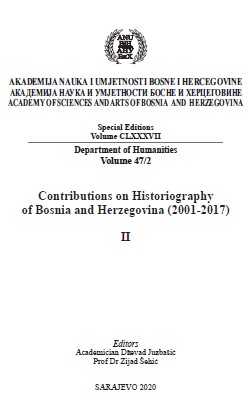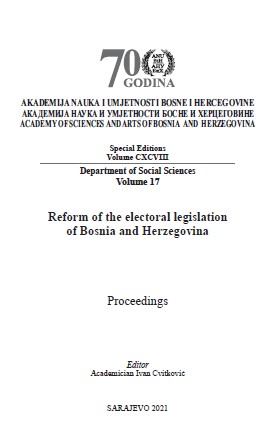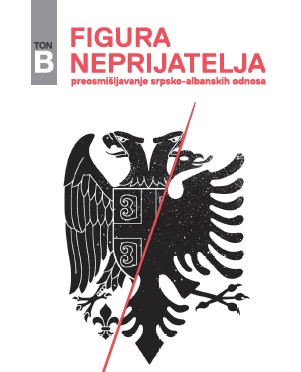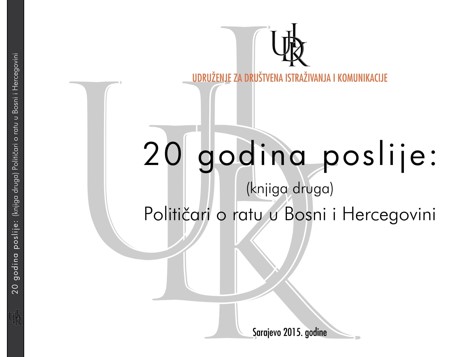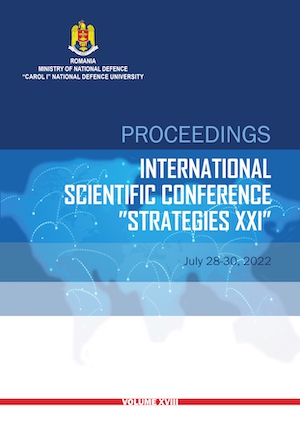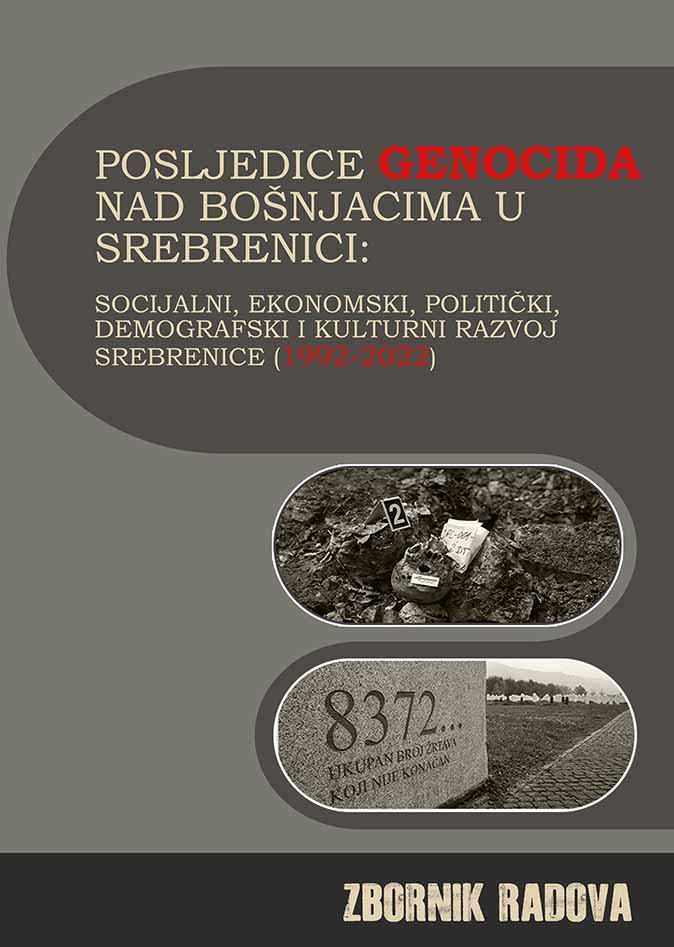Author(s): Zećir Ramčilović / Language(s): Bosnian,Croatian,Serbian
Publication Year: 0
The Republic of North Macedonia has undergone a turbulent period since its independence. This is a period in which education, and especially History as a subject, has also undergone significant changes in content. First it strengthened ethnocentrism, patriotism and national romanticism, in which the Macedonian people were the bearers of all the processes of origin and development of the state, but also of civilizational processes and movements significant for the whole world. In defence of the Macedonian national identity, Albanians, Turks, Bosniaks, Serbs, Roma and other peoples who live with the Macedonian people and whose homeland, same as for the Macedonians, is the NR Macedonia, regardless of their national or religious affiliation, were often marginalized. NR Macedonia is therefore making efforts to disperse teaching content that creates divisions and prejudices. That is why the curricula today envisage the study of the history of the Macedonian people, as well as the histories of the constituent peoples and their countries of origin in proportion to their percentage share in the total population. Bosniaks are the constituent people of the Republic of North Macedonia and their home country is Bosnia and Herzegovina. This implies that the content on Bosnia and Herzegovina and Bosniaks is represented in textbooks. Not only because of the constitutionality and importance of Bosniaks in the construction and development of the state and society, but also because of the many common centuries-old historical processes, the common states of which they were part of from the 15th to the end of the 20th century. It is very important that the content on Bosnia and Herzegovina and Bosniaks be represented and properly presented to the young population. In legal terms, formal prerequisites for the development of textbooks, for the most part, provide a good basis for writing quality textbooks that will represent the histories of all peoples and their role for NR Macedonia, as well as better mutual understanding. However, the situation is not as simple as it may seem at first glance, despite all the legal bases and criteria for textbook development. Instead of striking a balance between the history of the Macedonians and the history of other peoples, the textbooks have been reduced to achieving the balance between the history of the Macedonians and Albanians, giving a binational history in the textbooks. These differences are less pronounced in the lower grades, where study of general history is dominant. In higher primary school grades and during the four years of secondary education these differences are more than obvious. In addition to the general history studied throughout the world, Macedonian and Albanian histories are dominant. Then the histories of the other neighbours – Serbia, Bulgaria and Greece, as well as the history of Turkey and the Turkish people because of the common historical processes and constitutionality of the Turkish people.
More...
